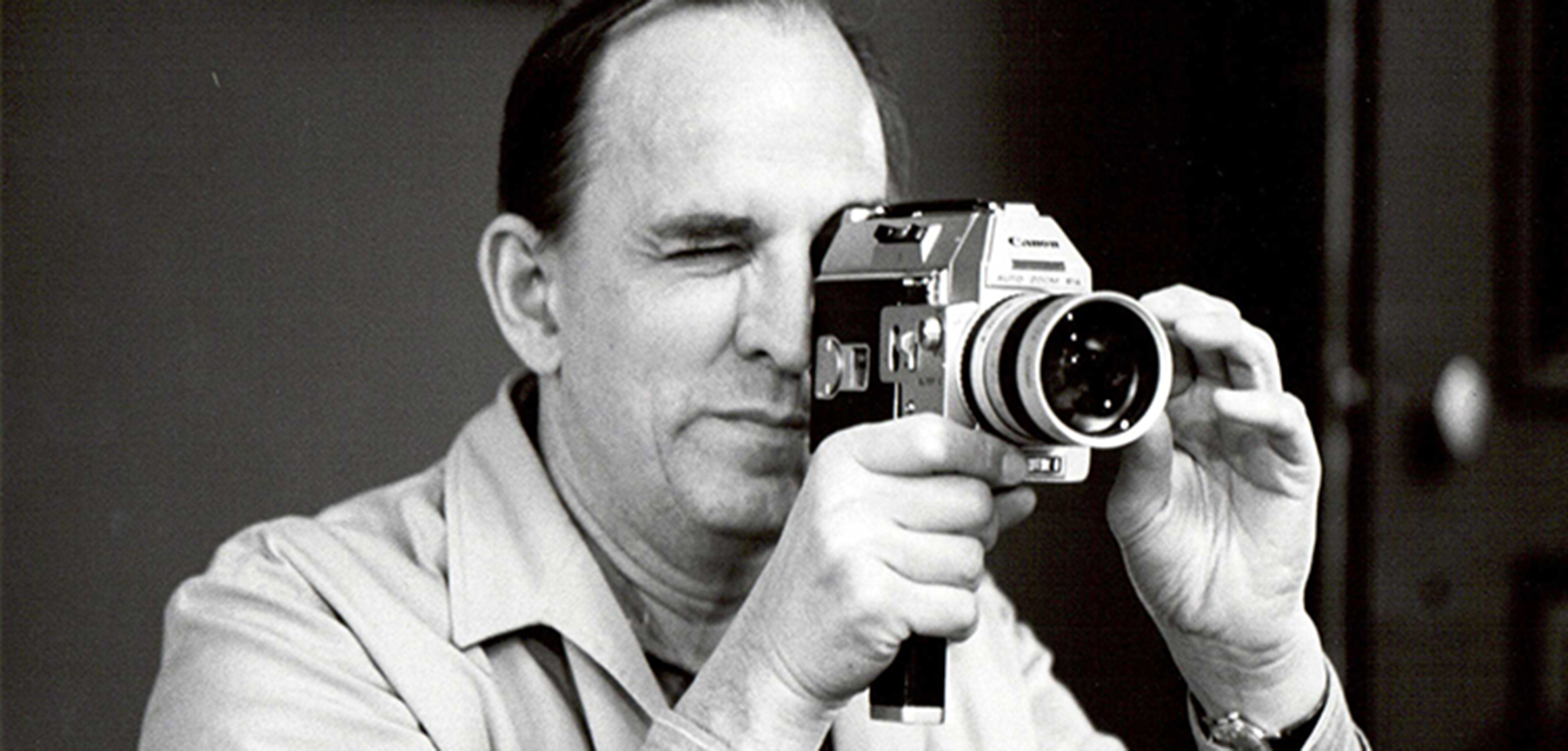
Bergman’s ’50s: Love & Existentialism
Where to start with a cinematic master like Bergman? Boasting a prolific career spanning over four decades, it can be hard to find the right entry into the Swedish maestro’s explorations of our soul, purpose and psyches. There is no real wrong choice, but it’s in his films from the 1950s, we see one of cinema’s most celebrated voices form in front of our eyes, and in turn become one of the first, key auteurs.
Bergman begins the decade with a quintet of films dissecting the complexities and fleeting nature of love in romantic relationships: from the earthy eroticism of a young whirlwind romance in Summer With Monika (1953), to what Pauline Kael described as the elegiac grace and sweetness found in Summer Interlude (1951). Also notable is the swinger’s comedy Smiles of A Summer Night (1954), included in Roger Ebert’s Great Film list and in TIME Magazine’s top 100 films since 1923.
However, we see a shift to the symbolic by the end of the decade, with two towering achievements in the history of cinema: Seventh Seal (1957) and Wild Strawberries (1957). Both move the focus from the intricacies we find in love with another, to our own relationship to the universe.
Seventh Seal, a film where a knight challenges Death to a chess match for his soul, is now regarded as Bergman’s first masterpiece. Empire Magazine listed it as number 10 in its Greatest Film’s of All Time, and it placed 41st in Time Out’s list in 2021.
Wild Strawberries, found similar acclaim, with both Andrei Tarkovsky and Stanley Kubrick listing the film as one of their favourites ever. An introspective look at human existence and nostalgia for a time past, it was ranked as one of the top 25 Swedish films of all time by FLM and 72nd on the 2022 Sight and Sound Directors Poll.
Bergman would continue at the height of his craft for decades, as seen with the psychological drama Persona (1966), and his continued meditation on relationships with TV series Scenes from a Marriage (1973). But Bergman in the 50’s was a force of nature, as artistic as he was prolific, elevating his work time and again. Whether being introduced to the Swedish master for the first time, or revisiting his works once again, you can never go wrong with a 50’s Bergman film.

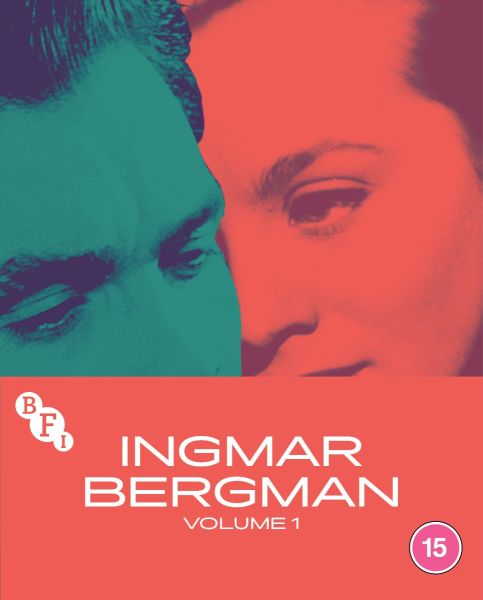
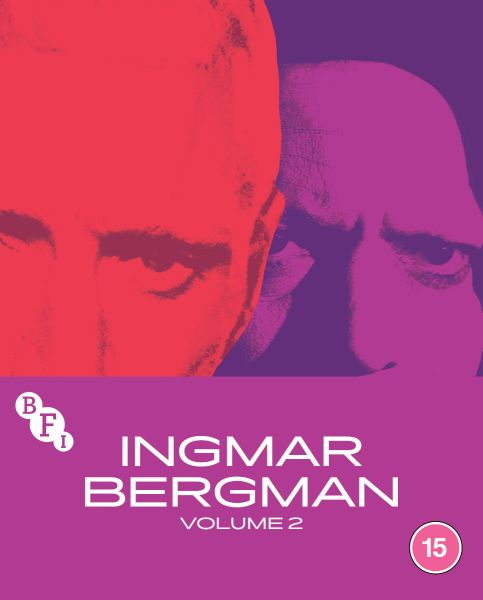
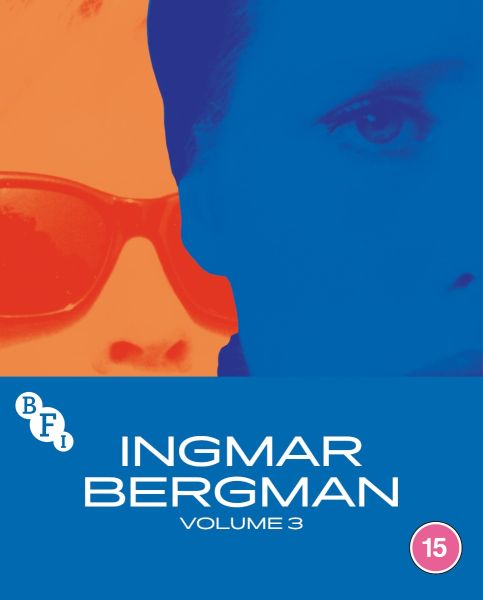
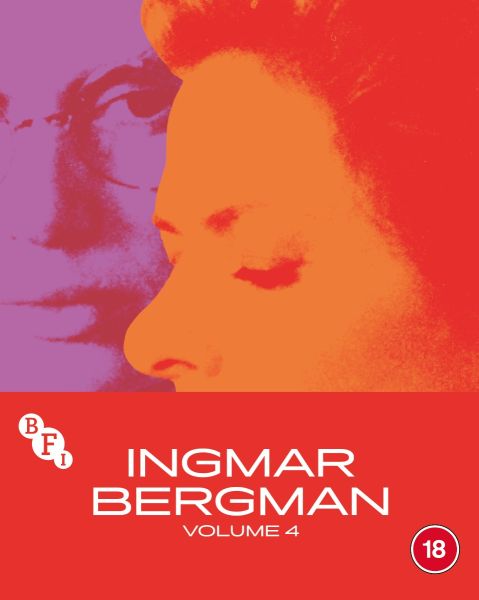
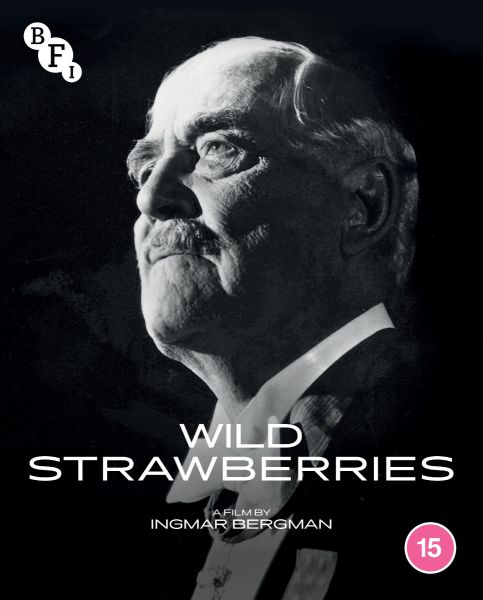
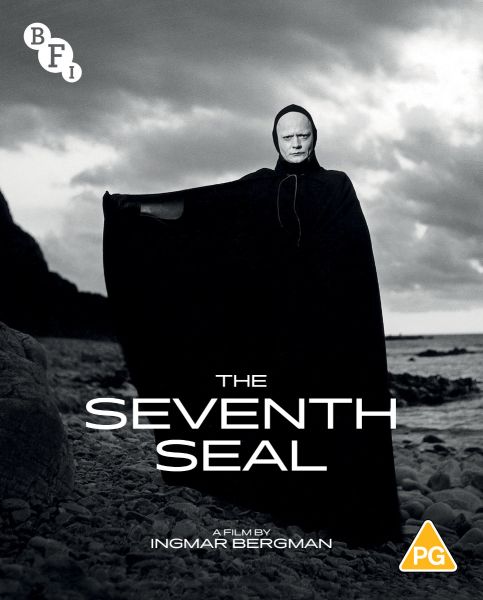
Leave a comment